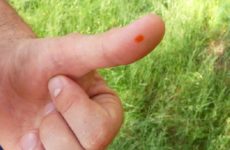Viral warts on the feet cause unpleasant pain to every infected person, limit the choice of shoes, and interfere with comfortable movement and sports training.
For normal life, it is important to start treatment as soon as possible and eliminate growths, which can later develop into malignant tumors.
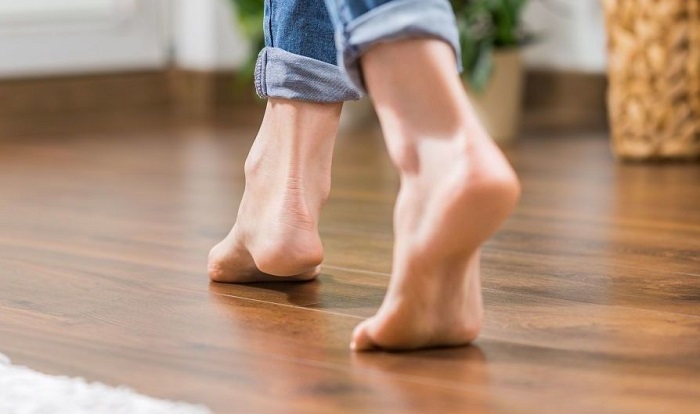
Содержание:
- 1 What virus causes them?
- 2 What does she represent?
- 3 Classification of neoplasms
- 4 Under what circumstances do they occur?
- 5 The mechanism of development of pathology
- 6 Signs of manifestation and localization (feet, legs, hands)
- 7 Why are they dangerous?
- 8 In what cases should you go to the doctor?
- 9 Diagnostics and methods of therapy
- 10 Why are formed in children: therapy
- 11 Preventive measures
What virus causes them?
The causative agent of the pathology is HPV – the human papillomavirus, which enters the body during direct contact with the carrier of the disease or through common objects.
Some time after infection with the virus in the body of an infected person, a cell mutation occurs, as a result of which certain areas of the skin begin to gradually grow, forming a dense growth.
What does she represent?
A wart on the heel – of viral origin on the feet are coarsened neoplasms of a light shade with a rough surface. The edges of the warty growths are clearly defined, there is no papillary pattern.
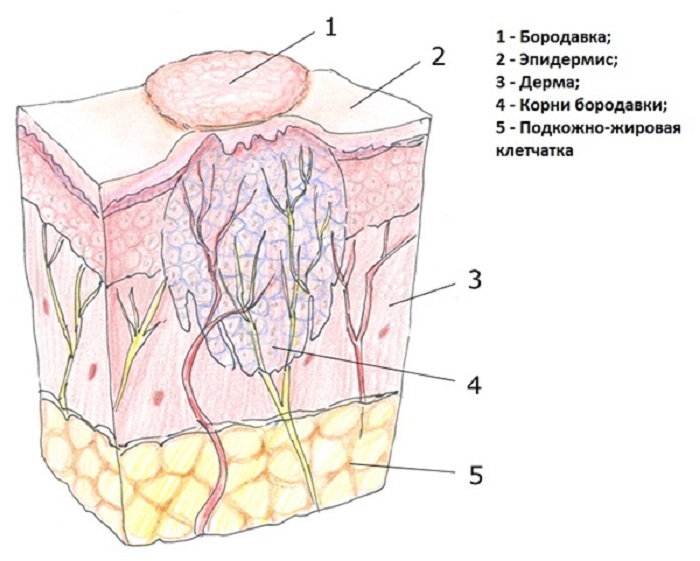
Seals slightly rise above the skin and are small in size. Dark blotches are noticeable on the surface – capillary clots that bleed when the stratum corneum is cut.
Classification of neoplasms
According to the type and location, experts distinguish the following types of viral warty growths on the feet:
- Ordinary (vulgar) – painless neoplasms of flesh or brown color, which are characterized by a rounded shape, uneven, rough surface and small size. Papillomas appear on the back of the foot, near the nails and between the toes. A vulgar wart can be single or multiple, standing out against the background of other, less noticeable papillomas.
- Flat – dense nodules no more than 3 mm in diameter, slightly rising above the surface of the skin. They are located on the heels , sides of the foot and in the toe area in groups. This type of wart does not tend to degenerate into a malignant tumor.
- Pointed – hard skin growths of a yellowish tint, not exceeding 2 cm in diameter. They form on the inner surface of the foot, heels and toes, causing pain when walking or pressing. Dense formations are similar to corns, but the main difference between plantar warts is the absence of a skin pattern and the presence of thrombosed capillaries inside the growth.
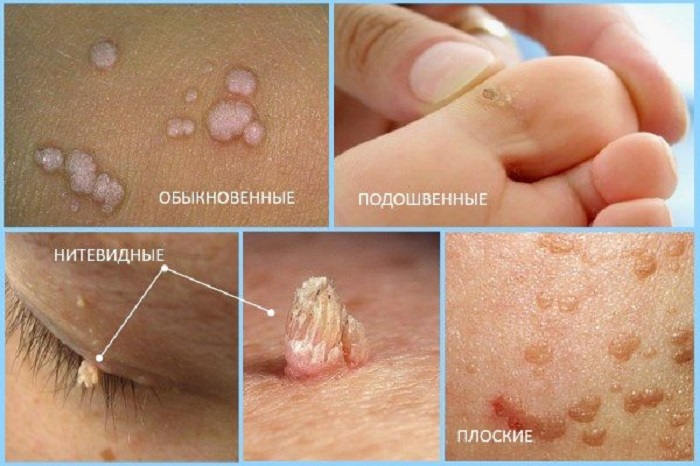
Under what circumstances do they occur?
The occurrence of viral warts can be affected by both external and internal factors that contribute to the activation of papillomavirus and the further growth of growths.
External factors
Among the external factors provoking the appearance of neoplasms, experts distinguish:
- non-compliance with the rules of personal hygiene;
- frequent use of antiseptics for the treatment of feet;
- wearing shoes that are tight or made of non-natural materials;
- performing a pedicure with insufficient disinfection of instruments;
- promiscuous sex life;
- household contacts with a carrier of the disease;
- unfavorable working conditions;
- self-removal of dry corns;
- visiting the pool, sauna or showers without rubber slippers;
- damage to the integrity of the epidermal layer.
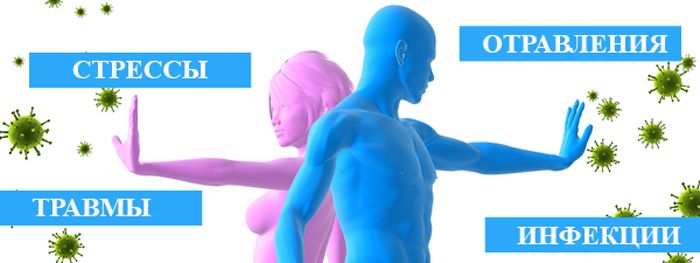
Internal factors
Internal factors include:
- chronic diseases of the gastrointestinal tract;
- disruption of the sweat glands;
- fungal infestations;
- pathology of the endocrine system;
- bacterial inflammatory processes in the acute stage;
- phlebeurysm;
- the presence of parasites in the body;
- diseases of the reproductive system;
- neuro-emotional stress.
The mechanism of development of pathology
Under the influence of favorable conditions for papillomavirus, active growth of warty growths begins on the skin of an infected patient.
Initially, a small pinkish nodule with a smooth surface appears on the foot , which eventually becomes covered with keratinized cells and becomes rough to the touch. The color of the seal changes to gray, yellow, light brown or brown.

The size of most neoplasms remains within 2-5 mm, however, in the presence of irritating factors, warts grow and darken.
Signs of manifestation and localization (feet, legs, hands)
Viral warty growths are usually localized on the heels, the back of the feet, between the toes and on their lower part. At the initial stage of development, pain symptoms do not appear, however, later an infected patient may feel sharp pain and burning when pressing on the affected skin. Also read how a plantar wart is trimmed in a child , symptoms and treatment.
Among the first signs of the manifestation of neoplasms are also distinguished:
- an increase in the stratum corneum at the site of growth;
- bleeding when the wart is damaged;
- change in skin color to yellow or light brown;
- the appearance of black dots in the center of the seal.
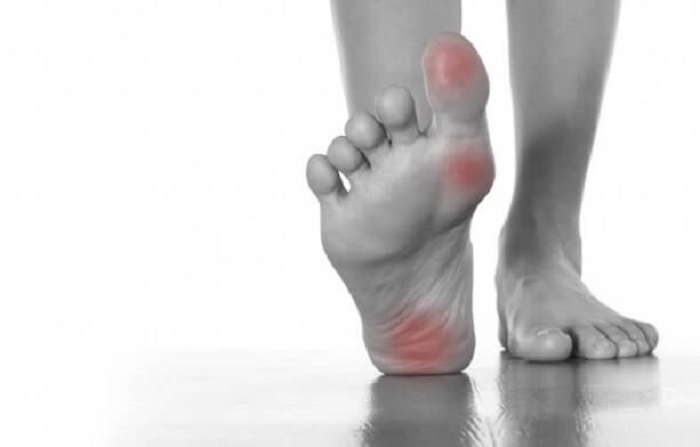
Why are they dangerous?
Despite the fact that warts on the feet are considered benign formations and do not pose a health hazard, with constant damage to such growths, the risk of degeneration of the seal into a malignant tumor increases significantly.
In addition, viral warts are a source of infection for other people who often come into contact with the carrier of the pathology, unaware of the problem.
In what cases should you go to the doctor?
You should contact a medical institution for qualified help if the neoplasm on the foot :
- bleeds;
- changes its color, structure or shape;
- does not have a clear outline;
- grows;
- constantly injured;
- causes severe itching and burning;
- delivers pain.
Diagnostics and methods of therapy
Diagnosis of the disease is an important step for the further treatment of warty growths, since it allows you to identify the nature of the formation and the degree of risk of the oncological process.

During the initial examination, the dermatologist visually assesses the clinical picture of the pathology and, if necessary, performs dermatoscopy, after which it confirms the presence of an infection or prescribes a biopsy of the affected area and a histological examination. At the end of the diagnostic measures, based on the analyzes received, the doctor chooses the best way to solve the problem.
Removing viral warts by taking antiviral drugs and remedies to restore the body’s immune system is one of the easiest ways to get rid of neoplasms.
Carriers of pathology are often prescribed tablets “Isoprinosine” or “Groprinosin”, ointments “Alpizarin” and “Viferon”, as well as injection solution “Allokin-Alpha”.
Safe removal of growths
Currently, there are several ways to safely remove dense warts, after use, which will not leave scars and scars on the skin:
- Radio wave method – the destruction of the structure of the build-up by radio waves without damaging the tissues.
- Laser therapy – burning out small formations with a laser beam under local anesthesia.
- Electrocoagulation – cauterization of virus-affected cells with high-frequency current.
- Surgical method – cutting out dense growths with a scalpel.
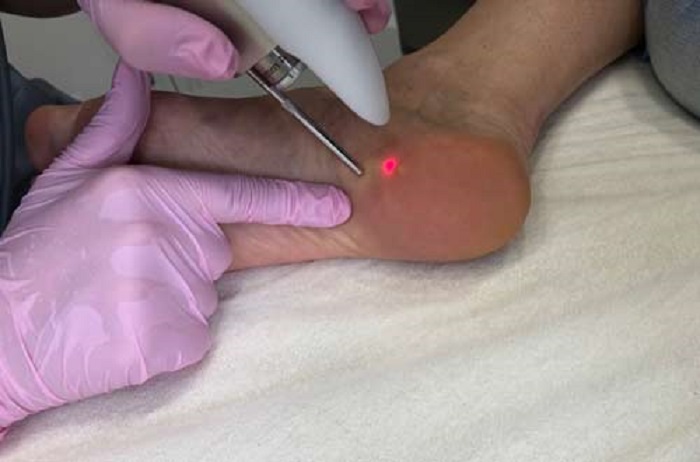
Folk ways
If traditional methods of treatment do not work, it is worth trying to remove neoplasms using folk remedies. For treatment use:
- compresses with decoctions of medicinal herbs – pour a tablespoon of calendula with 200 ml of water, boil and strain after cooling. Apply to neoplasms, soaked cotton pad for 10 minutes 2-3 times a day;
- homemade ointments based on celandine – mix two tablespoons of baby cream with 15 g of celandine powder and apply the ointment to seals twice a day;
- natural lemon essential oil – mix 3 drops of oil with 50 ml of water and treat warts every 4 hours;
- apple cider vinegar – steam your feet in a warm bath and apply a little vinegar to the affected area of \u200b\u200bthe skin. The procedure is carried out once a day before going to bed.

Why are formed in children: therapy
As in adult patients, the main cause of foot warts in children is the presence of a viral pathogen in the body. Infection occurs in schools, kindergartens and other public places where the child has the opportunity to contact other people.
According to pediatricians and dermatologists, neoplasms in children should be treated with medications that the doctor will prescribe after a complete examination. From the use of folk remedies, experts recommend to refuse, as they can aggravate the situation.
Preventive measures
Without preventive measures to prevent papillomavirus, warts can appear even after a whole course of drug treatment, so each person must follow a number of specific recommendations.
It is worth adhering to the following rules:
- Treat cuts and microtraumas on the feet with antiseptic solutions twice a day.
- Wear appropriately sized shoes made from natural materials.
- Keep your feet clean, wash them thoroughly and dry them with a towel.
- Regularly do a pedicure, having previously disinfected the tools.
- Do not walk barefoot in the pool or sauna.
- Moisturize dry skin with creams and treat excessive sweating of the feet.
- Refuse junk food, alcohol and cigarettes.
- Take vitamins to strengthen the immune system.
- Avoid contact with infected people and avoid wearing their belongings.
- Avoid stressful situations and nervous strain.
Viral growths tend to reappear, because once in the body, the virus remains in it forever. It is for this reason that it is worth paying special attention to the prevention of infectious diseases and regularly visit a dermatologist who will help identify the disease at an early stage.







